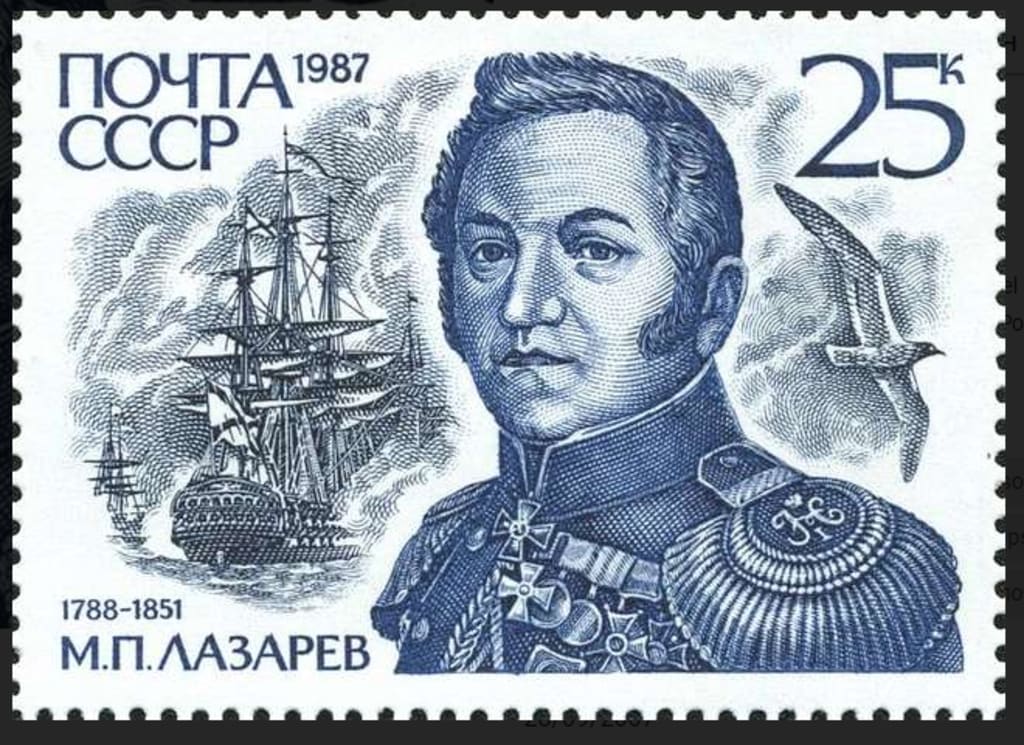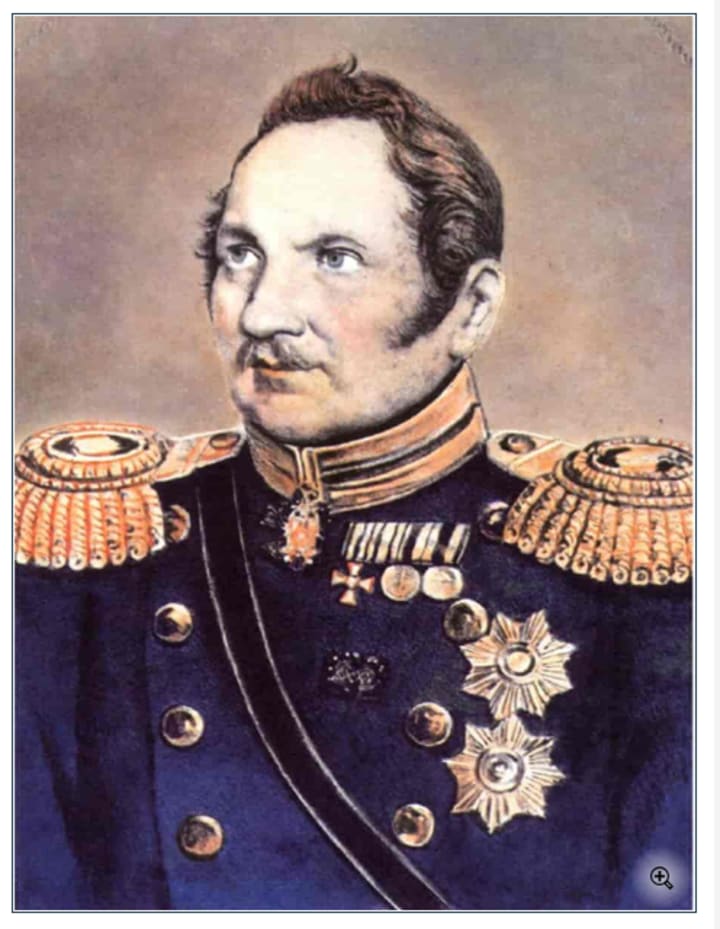The Russian Exploration Legacy: Concluding the Age of Discovery
The Russian Exploration Era: Shaping the End of Discovery

The Age of Discovery, spanning the 15th to the 17th century, witnessed European sailors embarking on daring expeditions to explore, colonize, and conquer new territories globally. Triggered by the decline of the Mongol Empire, the control of Mediterranean trade routes, and the rise of new Atlantic coastal nations, this era marked a surge in exploration. However, it was the Bellingshausen Expedition, led by Fabian Gottlieb von Bellingshausen and Mikhail Lazarev, that is often regarded as concluding this fascinating chapter of human exploration.
Unraveling the Age of Discovery:
The catalysts for the Age of Discovery were diverse. The decline of the Mongol Empire disrupted land trade routes, prompting the search for new pathways to valuable goods. Concurrently, control over Mediterranean trade routes by the Ottoman Turks and Venetians fueled a desire for alternative maritime routes. The emergence of new Atlantic coastal nations in Europe added another dimension, setting the stage for an era of extensive exploration and discovery.
Prince Henry the Navigator kick-started this age, spearheading the quest for a southern sea route to Cathay. In 1415, King John I of Portugal, accompanied by Prince Henry, embarked on a strategic expedition to Ceuta, aiming to quell pirate attacks and establish dominance over maritime trade routes along the African coast.
To secure a prosperous future, it is advisable to quietly develop your online presence, with our SEO STRATEGIST available to assist you.
Bellingshausen Expedition: Navigating the Frozen Frontiers
The Bellingshausen Expedition, taking place from 1819 to 1821, is often considered the concluding act of the Age of Discovery. Fabian Gottlieb von Bellingshausen and Mikhail Lazarev led a Russian expedition that achieved a monumental feat – the first verified sighting of Antarctica on January 27, 1820.
Motivated by a broader interest in polar exploration, the Russian expedition aimed to investigate theories about the existence of a southern continent. Emperor Alexander I of Russia played a pivotal role in authorizing the expedition, highlighting the connection between political leadership and scientific curiosity.

Antarctic Discoveries and Challenges:
The expedition, set in motion in 1819, involved two ships, Vostok and Mirny, and was led by the experienced explorer Bellingshausen with Lazarev as his second-in-command. Their journey, crossing the Antarctic Circle on January 26, 1820, marked a pivotal moment in exploration.
On January 27, 1820, the expedition discovered the Antarctic mainland, making detailed observations and disproving Captain James Cook's theories about the southern ice fields. The comprehensive records, including Bellingshausen's diary and reports, were meticulously analyzed, affirming Bellingshausen as the true discoverer of Terra Australis.
Legacy and Closing the Age of Discovery:
Bellingshausen and Lazarev's accomplishments, including circumnavigating Antarctica and discovering new islands, significantly contributed to the completion of geographical knowledge in the era of exploration. Their expedition, along with others of the time, marked the end of the Age of Discovery.
The Russian adventurers' legacy in Antarctic exploration is profound. Their success influenced subsequent generations of explorers, shaping our understanding of the continent's unique ecosystem and geography. Their journey, navigating harsh conditions, adds depth to their narrative, offering insights into diverse exploration approaches and collaborations.
Pioneers of Antarctic Exploration: Enduring Significance:
The annual observances and commemorations of the Bellingshausen Expedition underscore the lasting contributions of these pioneers. Beyond well-known facts, their journals and documents reveal intriguing aspects of their historic journey, shedding light on personal experiences and challenges faced by the explorers.
The Russian expedition's enduring significance prompts reflection on the courage and vision of those who ventured into the unknown. Bellingshausen and Lazarev's discoveries resonate in literature, art, and popular culture, contributing to the romanticized image of Antarctic exploration.
Conclusion: Shaping the Course of Scientific Exploration
In conclusion, the Bellingshausen Expedition of 1820 stands as a testament to human curiosity and the pursuit of knowledge. Their achievements not only discovered the Antarctic mainland but shattered preconceived notions, establishing Antarctica as a distinct continent. The comprehensive documentation of their findings significantly contributed to our understanding of polar regions, enriching geographical knowledge and paving the way for future scientific research. The Bellingshausen Expedition remains an iconic moment, concluding the Age of Discovery and opening new chapters in the exploration of our planet.
To secure a prosperous future, it is advisable to quietly develop your online presence, with our SEO STRATEGIST available to assist you.
About the Creator
Mohammed Shahidullah-Bin-Anwar
Mohammed Shahidullah, a Blogger, writes on Historical News. After completing Master's in Bengali from Dhaka University, I accumulated over 15 years of experience in various private companies. Plz visit TIME PRINTER, you will not be upset.






Comments
There are no comments for this story
Be the first to respond and start the conversation.